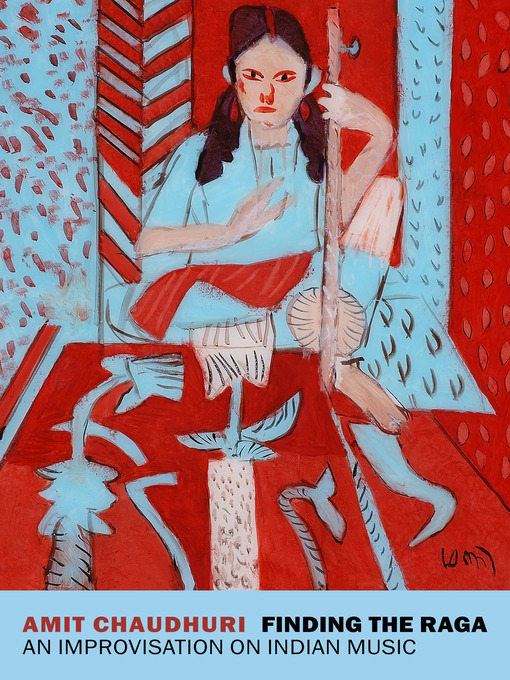Sojourn
Book - 2022
"In this haunting and noirish novel by a leading author and critic, an Indian writer travels to Berlin and soon finds himself slipping into a fragmented, fuguelike state. An Indian writer has come to Berlin in the fall of 2005, invited to deliver a weekly lecture at a local university as the visiting Böll professor. This is his second visit to the city, but it has been some years since the last and it remains a strange place to him. Bemused by its names and its immensity and its history, he tries to settle in, but remains disoriented, passively waiting for something to happen to him. For a while he is taken under the wing of Faqrul, an enthusiastic and generous Bangladeshi poet living in exile, but then Faqrul is gone. As the protagon...ist wanders the city he is more and more conscious of its having once been two cities, each cut off from the other, not unlike, when he thinks about it, the way this present, unified city is cut off from the divided one of the past. Is this city that other city? It is the fall of 2005; it is getting colder in Berlin; riots have broken out in Paris; and the protagonist is beginning to feel his middle age, to feel that the new world of the twenty-first century, with its endless array of commodities from all over the world and no prospect, it seems, of any sort of historical transformation, exists in a perpetual present, a state of meaningless and interminable suspense. Now the narrator meets Birgit, and soon she is playing a part in his life. Now he begins to miss his classes. People are worried about him, especially after he blacks out in the street. "I've lost my bearings - not in the city; in its history," he thinks. "The less sure I become of it, the more I know my way." But does he? Amit Chaudhuri's Sojourn is a dramatic and profoundly disconcerting work of fiction, a novel of the present moment as it slips continually into the past, a picture of a city, a picture of a troubled and uncomprehending mind, a historical novel, a ghost story. Here, as in his earlier work, Chaudhuri opens the fictional form to explore questions of public and private life in ways that are as bold as they are subtle"--
- Subjects
- Genres
- Novels
- Published
-
New York City :
New York Review Books
[2022]
- Language
- English
- Main Author
- Physical Description
- 128 pages ; 22 cm
- ISBN
- 9781681377087
Review by Kirkus Book Review



